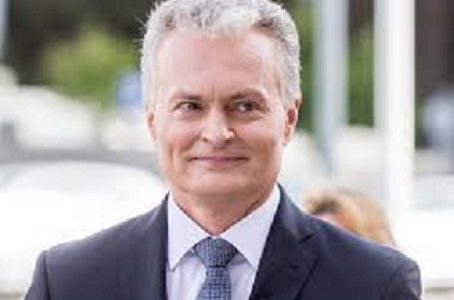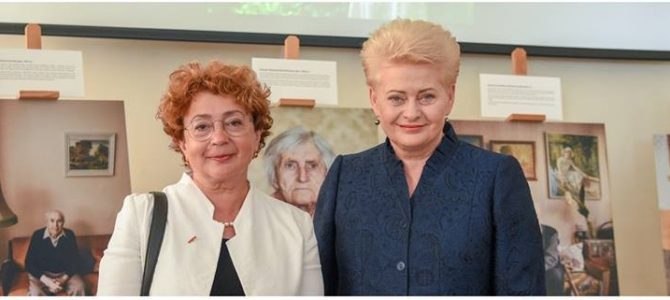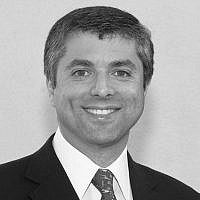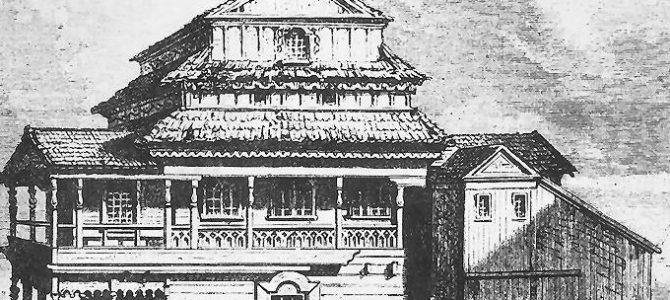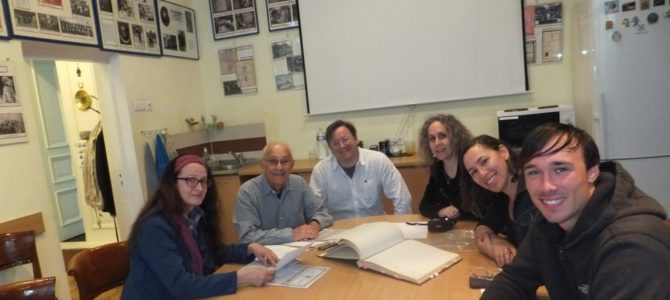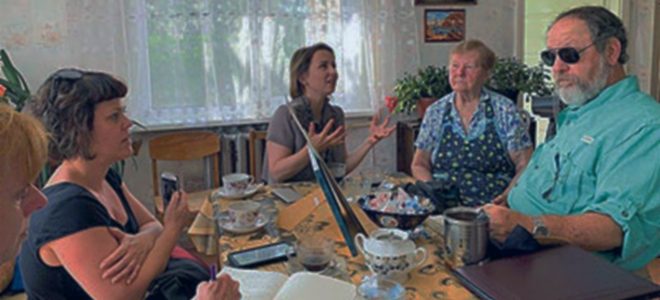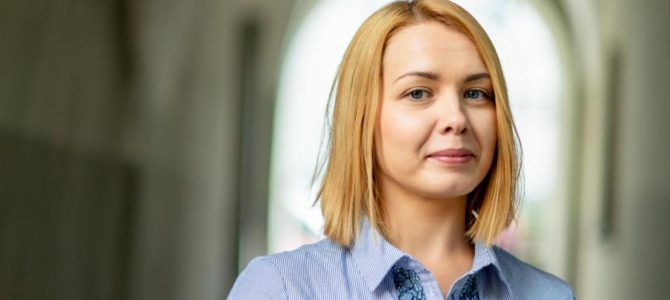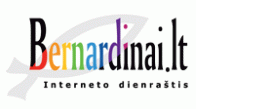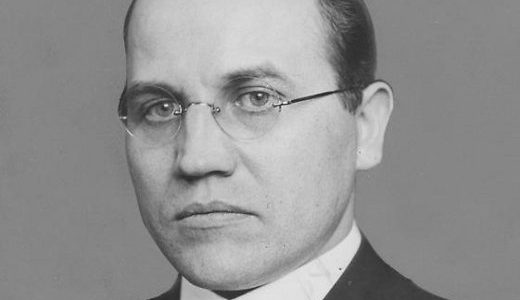The Lithuanian Jewish Community presents the opinion of the historian Dr. Norbertas Černiauskas concerning the issue of renaming a central Vilnius street now named after Lithuanian Nazi ideologue Kazys Škirpa. On July 10 the city council postponed making a decision until July 24 on renaming the street Tricolor Alley in remembrance of Škirpa’s act at the dawn of interwar Lithuanian independence, placing the Lithuanian tricolor flag atop the tower of Gediminas overlooking central Vilnius.
Dr. Norbertas Černiauskas:
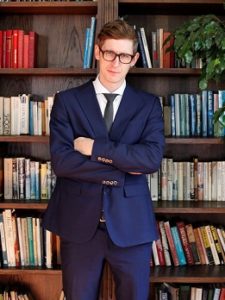
The issue of the name of the alley which runs along the Vilnelė creek long ago became no longer an issue of history or a matter connected with the discovery of some additional documents. This is a matter of political culture and communal empathy now.
Both the International Commission for the Assessment of the Crimes of the Nazi and Soviet Occupational Regimes in Lithuania and the Center for the Study of the Genocide and Resistance of Residents of Lithuania along with other major researchers on the Holocaust in Lithuania have stated in their works the Lithuanian Activist Front commanded by Škirpa, despite all the patriotic, anti-Soviet and “the creation of a New Lithuania” rhetoric, promoted political (not personal) anti-Semitism which was transmitted via various channels to Soviet-occupied Lithuania as well.


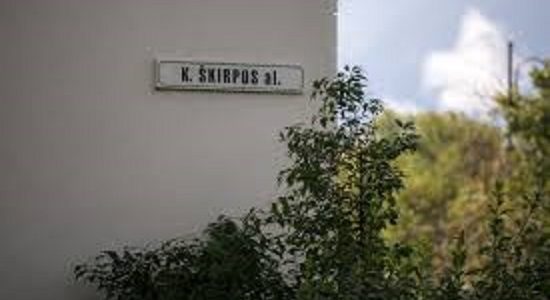
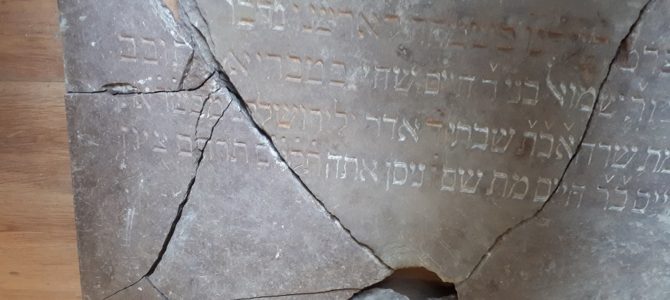
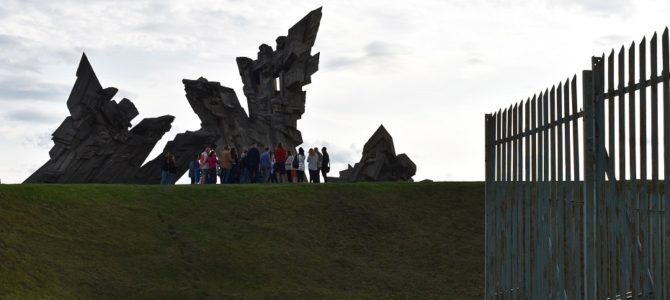
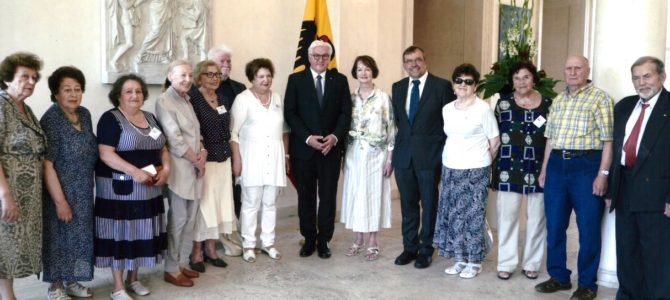
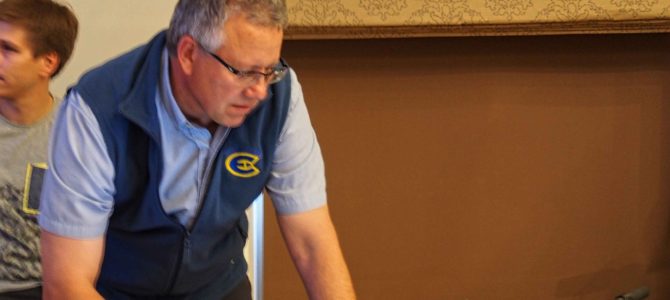
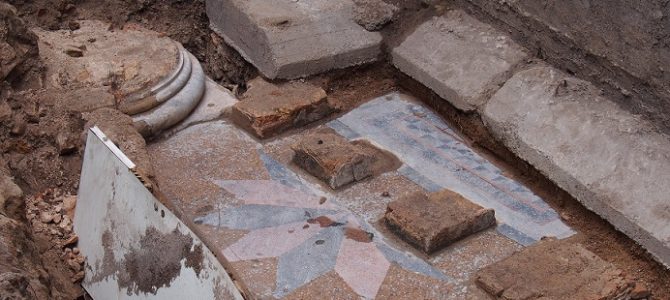
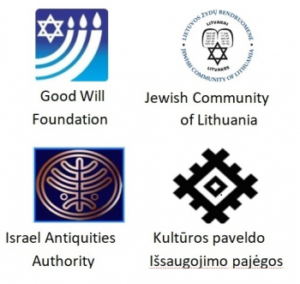
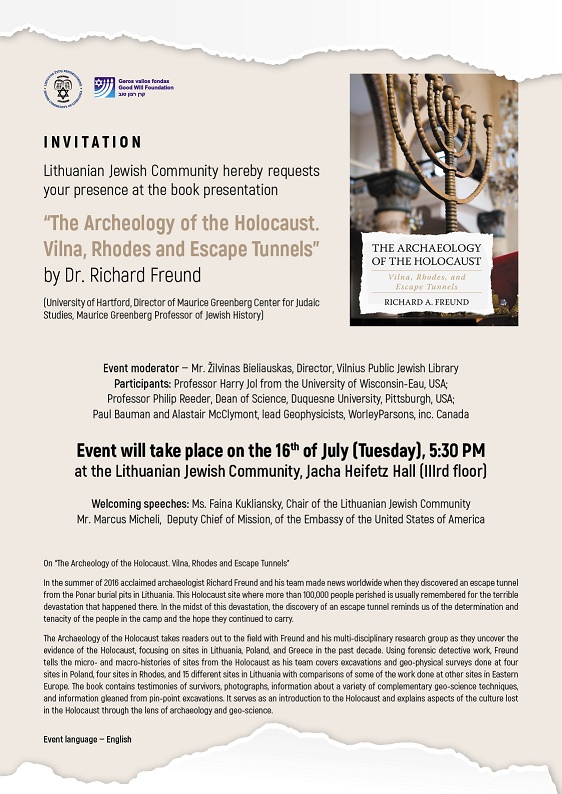
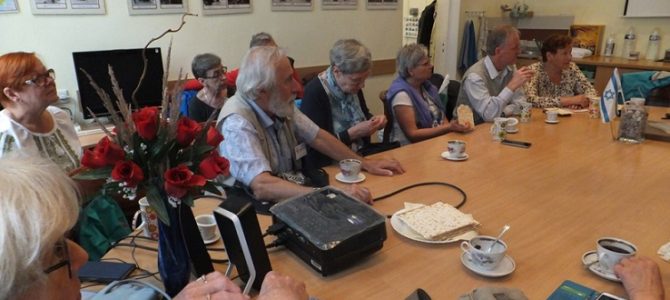
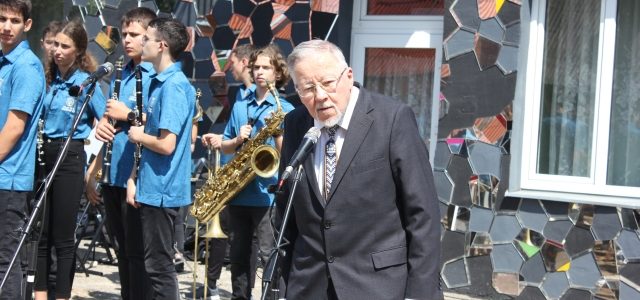

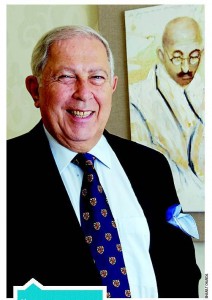 Presentation by Yusuf Hamied, FRS, chairman, Cipla Ltd., India, July 11, 2019
Presentation by Yusuf Hamied, FRS, chairman, Cipla Ltd., India, July 11, 2019